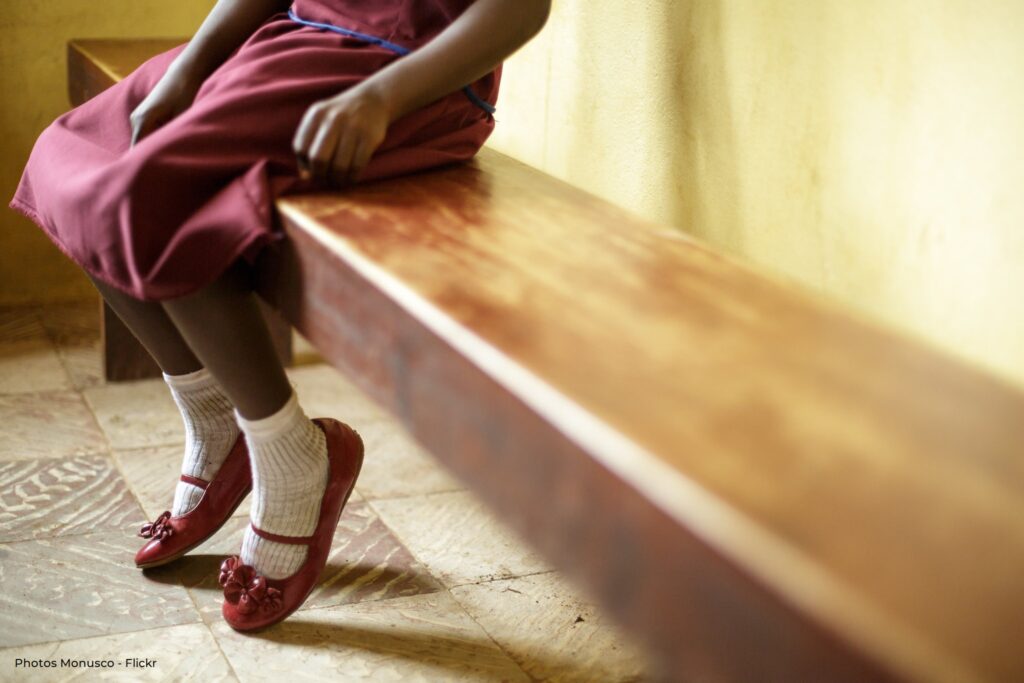Words Matter, Numbers Matter, Ways Matter: Establishing a Data and Resource Platform to Guide Equitable Healthcare for Women Living with Female Genital Mutilation/Cutting in Canada
Équipe
Financement
Résumé
Despite accelerating trends of women and girls immigrating to Canada from countries where female genital mutilation/cutting (FGM/C) is practiced, the lack of a national data platform for tracking its prevalence means the Canadian health system remains inadequately prepared to build capacity among practitioners and decision-makers to support, protect and manage care for women and girls living with FGM/C . Estimates of the depth and breadth of the populations of girls and women who live with or are at risk of FGM/C are fragmented and incomplete around the world.. The dearth of data and evidence on the magnitude of the issue undermines health equity and precludes opportunities for health system stakeholders to critically analyze, learn and build capacity for a more responsive and sensitive health care system when it comes to support special needs. FGM/C has multiple adverse effects on girls and women – including physical, mental and sexual health, which may start at the time of the practice and extend well into adulthood, particularly motherhood. Significant associations have been documented between FGM/C and several gynecological and perinatal complications. There is a growing number of Canadian studies pointing to discontent regarding the quality and respectfulness of care, and limited scope of practice to address their unique needs, Selected barriers to quality, culturally informed services across the continuum of care include limited knowledge and training. The first objective of this proposal is to establish a baseline on national and provincial prevalence of FGM/C to improve the health and well-being of girls and women in Canada living with FGM/C. In so doing, the second objective is to ensure access and uptake of resources for Canada, building on well-established collaborations, experiences and lessons learned from interdisciplinary teams in Belgium, France, Spain, Sweden and Switzerland for best preventive and gender-sensitive care practices for girls and women, in Canada, living with FGM/C
Membres et équipe SHERPA

Bilkis Vissandjée
Professeure, Faculté des sciences infirmières, Université de Montréal

Lara Gautier
Professeure adjointe, Département de Gestion, d’Évaluation et de Politique de Santé, École de Santé Publique, Université de Montréal

